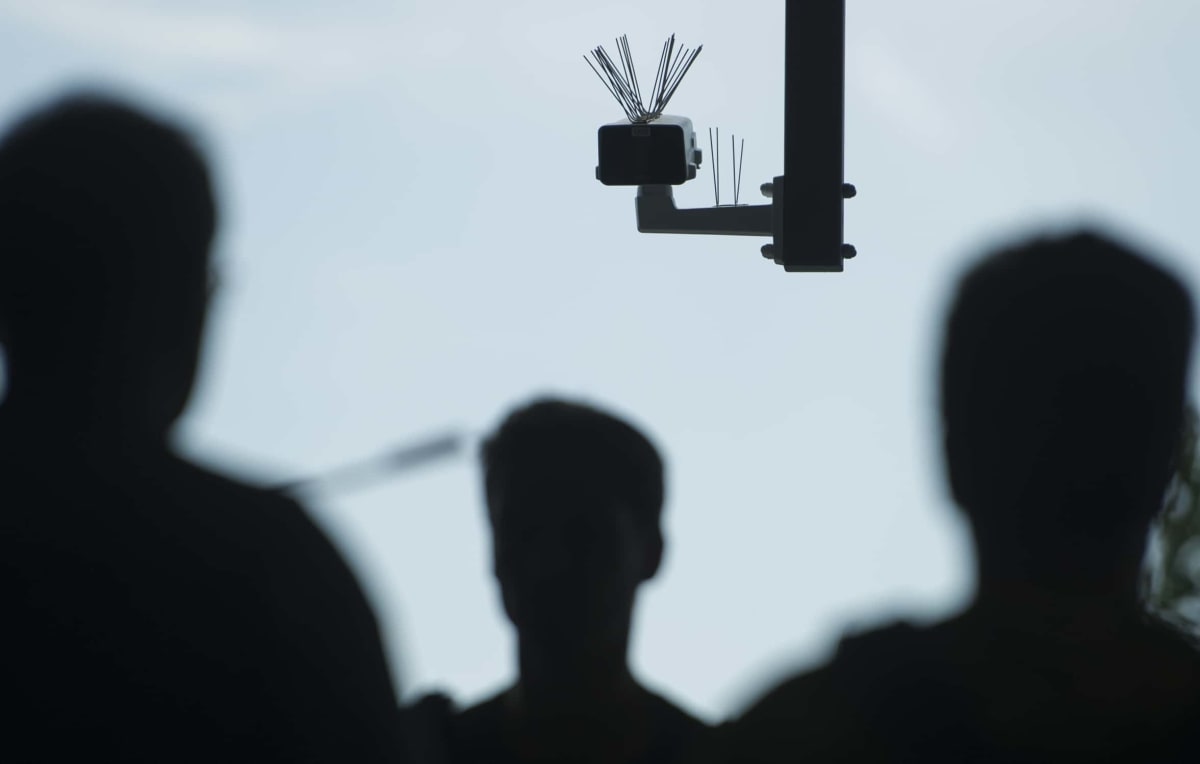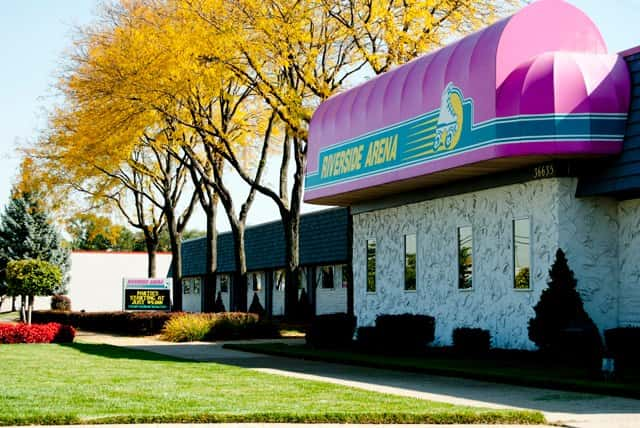Lamya Robinson: Black teen thrown out of skating rink after facial recognition tech mistake

DETROIT, MICHIGAN: A facial recognition algorithm used by a local roller skating rink wouldn’t let a Black teen onto the premises, claiming she was banned for allegedly getting into a brawl there earlier. Contrary to the claim, however, the teen, Lamya Robinson, had never even been to the rink before this.
"To me, it's basically racial profiling," said the girl's mother. "You're just saying every young Black, brown girl with glasses fits the profile and that's not right." And she may be right. As a trend, facial recognition systems have demonstrated racial bias and mistakes in distinguishing between Black faces.
READ MORE
Who is Liz de la Torres? 'Walmart Karen' allegedly identified, employer investigates
Did Rep John Thompson lie? Police bodycam footage counters lawmaker’s 'racial profiling' claim

The National Institute of Standards and Technology, a non-regulatory agency of the United States Department of Commerce, in a July 2019 report that covered tests on facial recognition code from more than 50 companies found: “White males... is the demographic that usually gives the lowest FMR,” or false match rate. “Black females... is the demographic that usually gives the highest FMR.”
Joy Buolamwini, Deb Raji, and Timnit Gebru’s research point towards this as well. As per the ACLU, Buolamwini, and Gebru’s 2018 research concluded that some facial analysis algorithms misclassified Black women nearly 35 percent of the time, while nearly always getting it right for White men. A subsequent study by Buolamwini and Raji at the Massachusetts Institute of Technology confirmed these problems persisted with Amazon’s facial recognition software.
The Department of Homeland Security also found that darker skin challenges commercial facial recognition. In February 2019, its staff published results from testing 11 commercial systems designed to check a person’s identity. Test subjects had their skin pigment measured. The systems that were tested generally took longer to process people with darker skin and were less accurate at identifying them.
Who is Lamya Robinson?
Robinson is the teen who was misidentified by the system. The incident reportedly took place at a skating rink in Livonia, a large suburb of Detroit. As per a local Fox News affiliate, her mother dropped her off at Riverside Arena skating rink on Saturday, July 10, to hang out with friends. Staffers, however, barred her entry saying she was banned after her face was scanned, alleging she was involved in a brawl at the skating rink back in March.

"I was like, that is not me. Who is that?" said Robinson to reporters after the incident. "I was so confused because I've never been there.” Juliea and Derrick Robinson, her parents, are considering legal action against the skating rink.
"You all put my daughter out of the establishment by herself, not knowing what could have happened," said Derrick Robinson. "It just happened to be a blessing that she was calling in frustration to talk to her cousin, but at the same time he pretty much said I'm not that far, let me go see what's wrong with her." The Robinsons reportedly added that they were thankful the situation did not lead to an unnecessary interaction with police.
The skating rink said in a statement: "One of our managers asked Ms Robinson (Lamya's mother) to call back sometime during the week. He explained to her, this is our usual process, as sometimes the line is quite long and it's a hard look into things when the system is running. The software had her daughter at a 97 percent match. This is what we looked at, not the thumbnail photos Ms Robinson took a picture of, if there was a mistake, we apologize for that."
One of the more famous cases of facial recognition leading to a wrongful arrest was also in Detroit. Robert Williams was arrested and detained for 30 hours in January 2020, after being accused of shoplifting from a Shinola watch store. The 43-year-old Detroit native testified on Tuesday, July 13, 2021 before the US House Judiciary Subcommittee on Crime, Terrorism and Homeland Security, which is examining law enforcement’s use of facial recognition technology, including the "risk to civil liberties and due process posed by this technology."
"I never thought I would be a cautionary tale. More than that, I never thought I’d have to explain to my daughters why their Daddy got arrested in front of them on our front lawn. How does one explain to two little girls that a computer got it wrong, but the police listened to it anyway and that meant they could arrest me for a crime I didn’t commit?" Williams' testimony said.
Verge reported that Civil rights nonprofit Fight for the Future announced that more than 35 other organizations had joined it in demanding that retailers stop using facial recognition in their stores. Following Robinson’s experience at the rink, Fight for the Future’s director of campaign and operations Caitlin Seeley George said, “This is exactly why we think facial recognition should be banned in public places. It’s also not hard to imagine what could have happened if police were called to the scene and how they might have acted on this false information.”










